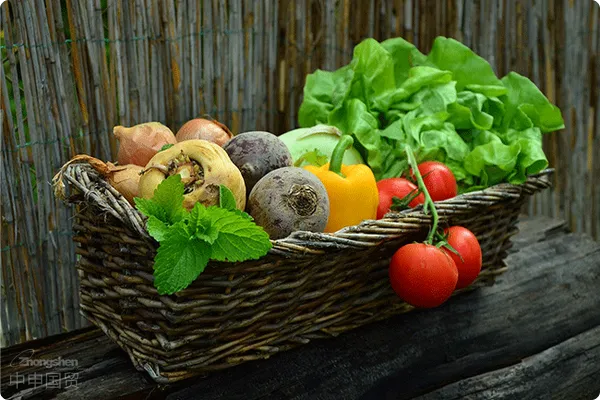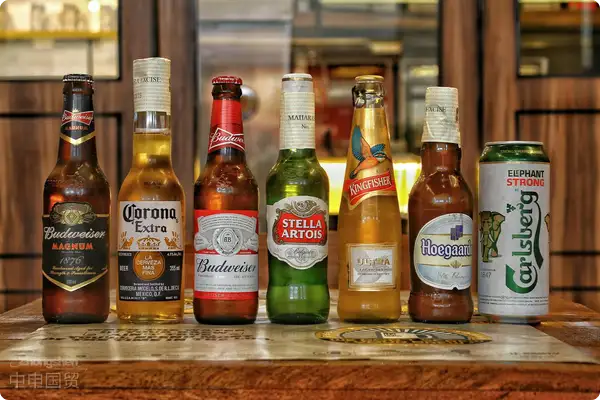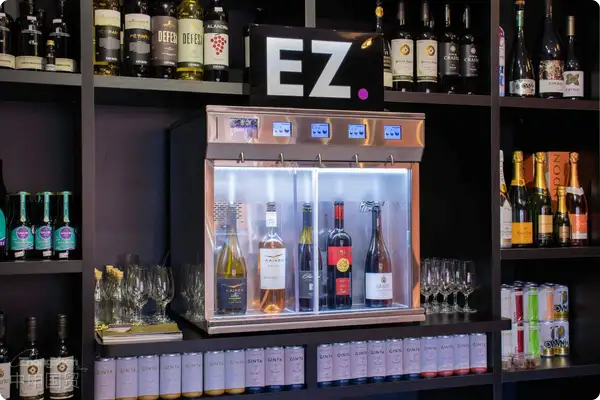- Shanghai Zhongshen International Trade Co., Ltd. - Two decades of trade agency expertise.
- Service Hotline: 139 1787 2118
With the deepening of trade relations between China and Southeast Asian countries, an increasing number of Chinese food enterprises are turning their attention to the Southeast Asian market. In the first half of 2023, ASEAN, as Chinas largest trading partner, saw bilateral trade volume reach 3.08 trillion yuan, a year-on-year increase of 5.4%. In this vast market, food exports have become a hot sector. However, successfully entering the Southeast Asian market is no easy task, as it requires understanding and complying with a series of strict import access requirements.

Export Country Access Qualifications
First, exporting enterprises need to confirm whether China has obtained access qualifications from the target country. Southeast Asian countries implement strict national access management for animal and plant-derived products. For example, the Philippines, Vietnam, and Thailand have each established lists of countries permitted to import meat and plant products. These access qualifications are typically related to bilateral trade agreements, so exporting enterprises must comprehensively consider the trade policies between the two countries.
Enterprise Qualification Requirements
Even if a product has obtained market access qualifications, the exporting enterprise itself must meet certain requirements. Southeast Asian countries generally require importers to possess relevant operational licenses, food hygiene and safety compliance certificates, etc. For instance, the Philippines requires importers to obtain an operational license, Vietnam requires food importers to register and obtain a food safety compliance certificate, and Thailand requires importers to apply for an import license.
Product Registration Requirements
After meeting national and enterprise qualifications, the product itself must also undergo certification and inspection. Most Southeast Asian countries require imported products to be registered. For example, the Philippines requires a product registration certificate, Cambodia requires products to be registered before import, Vietnam requires food products to obtain a food safety self-declaration, and Thailand requires product filing.
Special Registration Requirements
Some Southeast Asian countries, such as Malaysia and Indonesia, require imported food to undergo halal certification due to religious reasons. This requirement imposes additional regulations on food production and packaging processes.
Access Strategy
When deciding to enter the Southeast Asian market, exporting enterprises should first gain a detailed understanding of the target countrys laws and regulations, as well as the specific requirements for market access. Preparatory work includes but is not limited to:
(1) Bilateral Agreement Research:Understand the trade agreements between China and the target country to determine export qualifications.
(2) Enterprise Qualification Preparation:Ensure the enterprise complies with the operational license and food safety standards of the importing country.
(3) Product Registration and Compliance:Register the product and ensure it meets the food safety and quality standards of the target country.
(4) Special Certification Requirements:If the target country has religious certification requirements, ensure the product complies with these standards.
(5) Market Research:Understand the consumer preferences and market trends of the target country to adjust products and marketing strategies.
Related Recommendations
? 2025. All Rights Reserved. Shanghai ICP No. 2023007705-2  PSB Record: Shanghai No.31011502009912
PSB Record: Shanghai No.31011502009912










